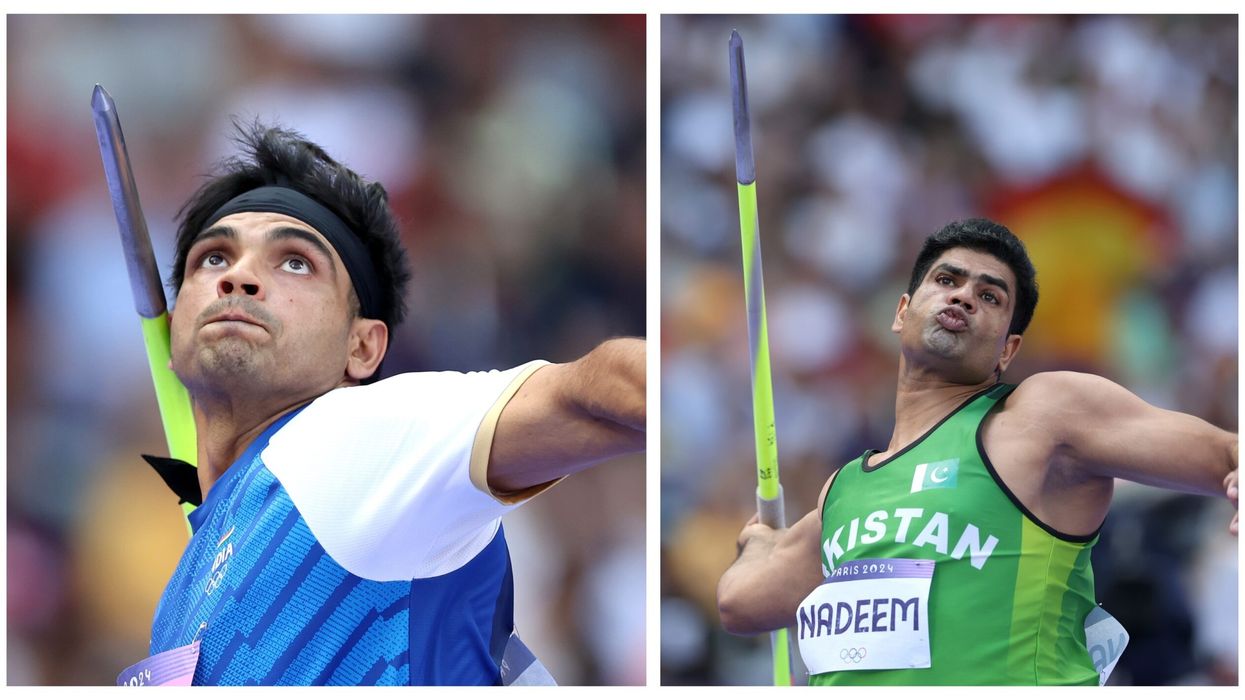EXPRESSING disappointment over Lakshya Sen's inability to handle pressure in the bronze medal match at the Paris Olympics, legendary badminton player Prakash Padukone emphasised on Monday (5) the urgent need for athletes to develop mental resilience and accountability.
Padukone stressed that players must start delivering results, especially after receiving substantial support.
The former All England champion called for India to prioritise mental training for its athletes to help them better cope with high-pressure situations.
He also recommended that India adopt a system similar to China’s, where success is not dependent on just one player, but on nurturing a continuous pipeline of talent.
"We cannot remain satisfied just having one player. We need to focus on the next line, maybe even the third line. Like they do in cricket. You have the main team, then the 'A' team, then the under-19 team, under-17 team. So we need to focus. There is a lot of talent, there is absolutely no doubt but a combined effort is required," Padukone told reporters.
"And a little bit of effort from the players also. A little more responsibility, a little more accountability. Not just ask for whatever you ask for. Once you are given that, you also have to be accountable. I think the players have to learn to take responsibility," Padukone added.
Sen squandered an opening game advantage and an 8-3 lead in the second to go down 21-13 16-21 11-21 to Malaysia's Lee Zii Jia in the 71-minute clash.
Padukone said the 22-year-old from Almora needs both – mind training as well game improvement. "He needs to work a little bit, when he's playing with the wind. Everybody has a problem but I think he has more problem than others. If you saw the first game, the Malaysian played a lot of them and went out. You were not able to control so it happens but you must learn to control and make less mistakes.
"Mistakes will happen, everybody is comfortable playing against the wind because you can play freely without any hesitation but Lakshya probably needs both. A little bit of mind training and the focus on mind training plus a little bit of practice and a little better control he needs to work on the court as well."
For Padukone, it was pressure that got to Sen, who wilted when Lee unleashed his power-packed strokes. "Earlier we were not even getting to number four. One thing is very clear, we need to focus more on mind training. We don't give enough attention for sports psychology which is very important," Padukone said.
"In the Olympics, if you've seen a lot of top players have all lost, not because they were not good technically or physically but because they couldn't handle the pressure. Olympics is all about handling pressure so all the more important that we pay more attention to mind, do meditation, yoga."
Padukone felt that shooter Manu Bhaker probably could do well because she was not under pressure. "People who are favorites are always under pressure and have not done so well as expected. Most of our medals even in the earlier Olympics have come from people whom we have not expected anything because there is no pressure."
India have roped in several foreign coaches and Padukone, who trains PV Sindhu, said it's time that India bring sports psychologists from aborad.
"It's high time we have foreign sports psychologist also. This is not to take away anything from the Indian sports psychologist. Some of them are good but I think high time you know the players also realise the importance of sports psychology," he said.
"It cannot be done just just three months before the Olympics or if somebody wants to do well in the next Olympics they have to start right now and be at it throughout only then will it make a difference."
Padukone did not agree that India badminton is facing a tennis-like situation, where there is a big vacuum and no one could replace Leander Paes, Mahesh Bhupathi and Sania Mirza.
"I don't think it is as bad as it is in tennis. We have players. Maybe some of them are still very young. We need to focus on them. Generally in Indian sports, what has happened is, when we get a star, there is too much focus on just one player and we don't pay enough attention to the next line of players.
"That is where the federation needs to focus a little more. There is a big vacuum in the ladies' singles. In men's singles, Lakshya is still young, Priyanshu (Rajawat) is doing reasonably well. I am not saying that it is good enough but at least there is some talent.
"But women's, I see there are young girls, 3-4 of them. Maybe some of them are 13, 14, 16, 17. So I don't know whether they will be ready for the next Olympics but we need to identify such talent." (PTI)


















